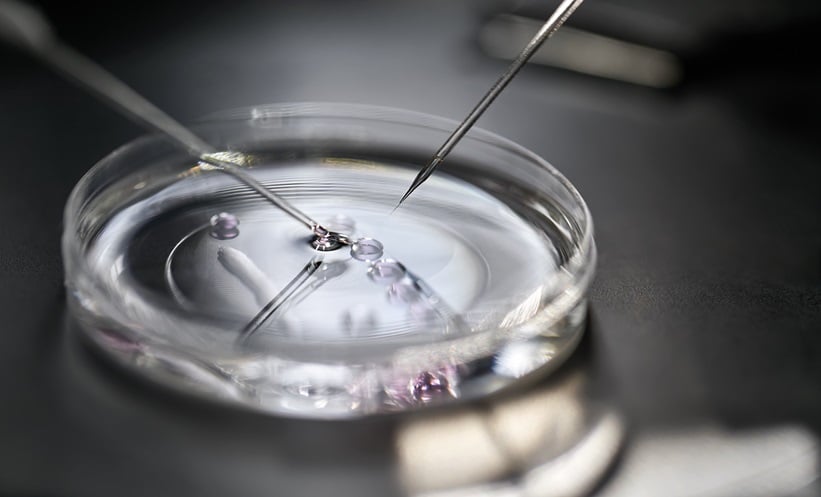CESSATION of gonadotropin-releasing hormone antagonist (GnRH-ant) on trigger day in the GnRH-ant protocol improves the proportion of mature oocytes but does not affect other in vitro fertilisation (IVF) outcomes. The GnRH-ant protocol is commonly used in assisted reproductive technology, but it is associated with fewer oocytes retrieved, lower oocyte maturity, and poorer endometrial receptivity. This study aimed to evaluate the impact of stopping GnRH-ant on trigger day to determine if this adjustment could improve IVF outcomes, particularly in terms of oocyte maturity and overall success rates.
A systematic review was conducted by searching multiple databases, including PubMed, Ovid/MEDLINE, Wanfang, VIP, CNKI, and ClinicalTrials.gov, with the latest search conducted on 10 December 2023. The review included randomised controlled trials (RCTs) and cohort studies that assessed the effects of GnRH-ant cessation on trigger day in the context of IVF using the GnRH-ant protocol. The key outcomes considered were the number of oocytes retrieved, the proportion of mature oocytes, implantation rate, and clinical pregnancy rate.
A total of three studies involving 1449 cycles were included in the analysis. The results showed that cessation of GnRH-ant on trigger day led to a significant improvement in the proportion of mature oocytes (odds ratio [OR] = 1.26, 95% CI = 1.09–1.45). However, there were no significant effects on the number of oocytes retrieved (mean difference [MD] = 0.50), implantation rate (OR = 0.95), clinical pregnancy rate (OR = 1.06), endometrial thickness (MD = −0.09), or cycle cancellation rate (OR = 0.64).
The findings suggest that stopping GnRH-ant on trigger day can positively influence the proportion of mature oocytes, which is an important factor in IVF success. However, no improvements were observed in other critical outcomes such as clinical pregnancy rates and implantation rates. These results indicate that while the cessation of GnRH-ant on trigger day may be a promising strategy to enhance oocyte quality, further randomised controlled trials are needed to confirm its efficacy and determine its impact on overall IVF success. Clinicians should consider these findings when planning treatment protocols but remain cautious, as more robust evidence is required.
Abigail Craig, EMJ
Reference
Li X et al. Effects of gonadotropin-releasing hormone antagonist (GnRH-ant) cessation on trigger day in a GnRH-ant protocol: a meta-analysis. J Obstet Gynaecol. 2025;45(1):2444496.








